Dramaland justice: Compensation
by missvictrix
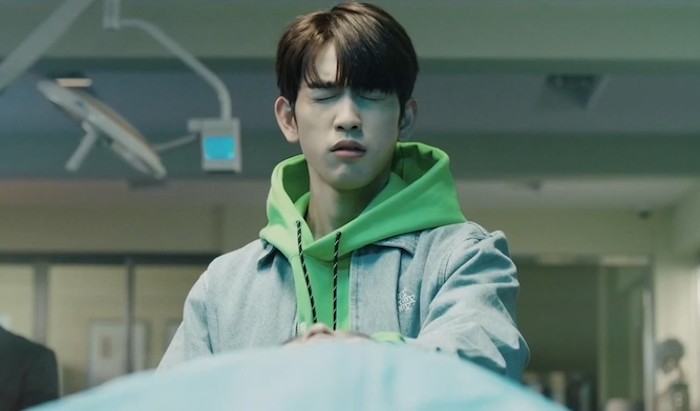
In dramaland, as in life, sometimes bad things happen to good people. In fact, there wouldn’t be much of a story if this wasn’t the case. Stories rely on a struggle, desire, or need, to form a narrative that takes a character from Point A to Point B. Sometimes this conflict is as simple as landing a full-time job; sometimes it’s as horrific as losing your parents at a young age. Both of these scenarios, and just about everything in between, can comprise a robust dramatic conflict.
Something we love about K-dramas is that they are (for the most part) places where justice rules. Good guys beat bad guys, hard work is rewarded, punishments are delivered, and happy endings prevail. But how does this innate sense of justice work when bad things happen to our heroes or heroines?
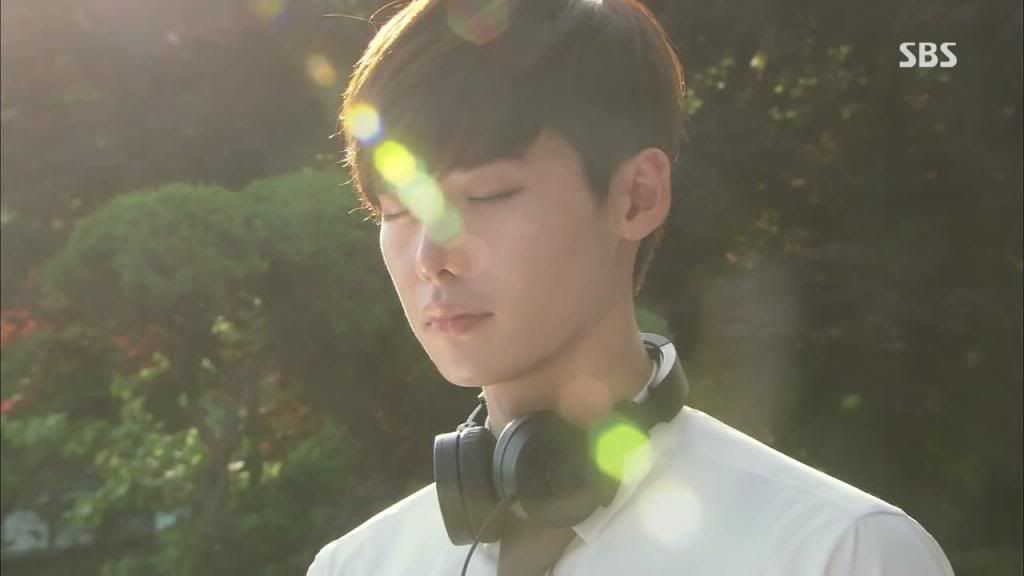
It’s a question we’ve been asking ourselves since civilization began, and it’s as deeply embedded into religious texts, as it is a part of ancient narratives and oral traditions. Greek tragedy, especially, was born out of this need to explore what happens when people come up against all sorts of struggles and pain, unthinkable reversals, fatal flaws, and more.
One way that Greek tragedy dealt with a character dealing with great loss or tragedy was the idea of compensation. The example is the trope of the “blind seer” — a character who has lost his/her vision, but is actually able to see the things that no one else around them can. In other words, balance is maintained. You lose something, but you gain something in its place. You’re perceived as weaker than others because of your loss, but you’re also stronger, having survived it.
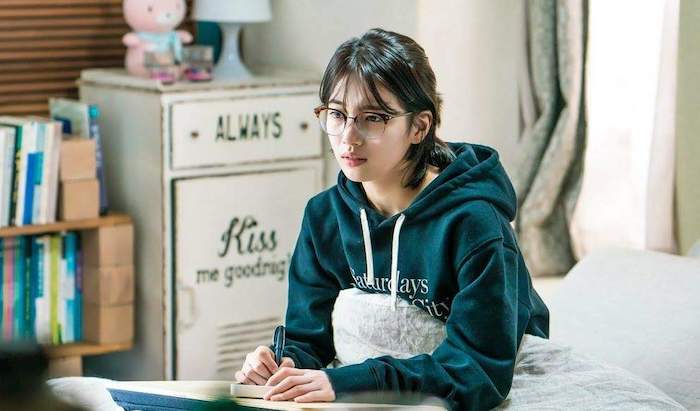
We’ve held on to this concept in our modern-day storytelling, too, and the idea of compensation exists in so much of our lore. Often it’s a new version of the blind seer (think of a character like the Oracle in The Matrix, for instance), but it goes beyond the realm of vision as well.
The idea of even exists in the uber-popular world of comic book superheroes. Think about your favorite superheroes, and more often than not, their power and/or persona is birthed from a personal tragedy or loss. Batman is my favorite so I’ll use him: Bruce Wayne loses his parents as a child due to rampant crime, and his persona and mission (defeating corruption and crime with justice) are birthed out of that tragedy.
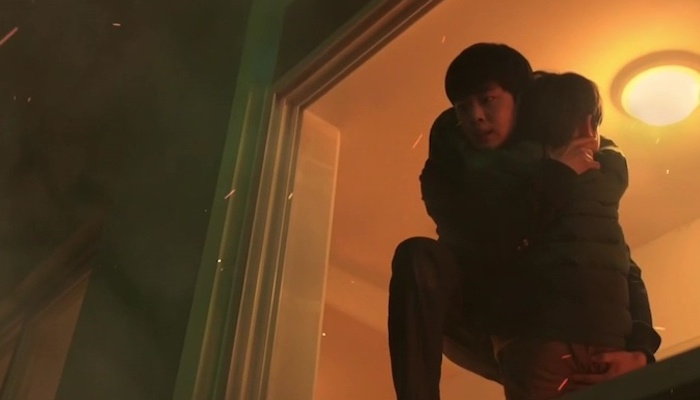
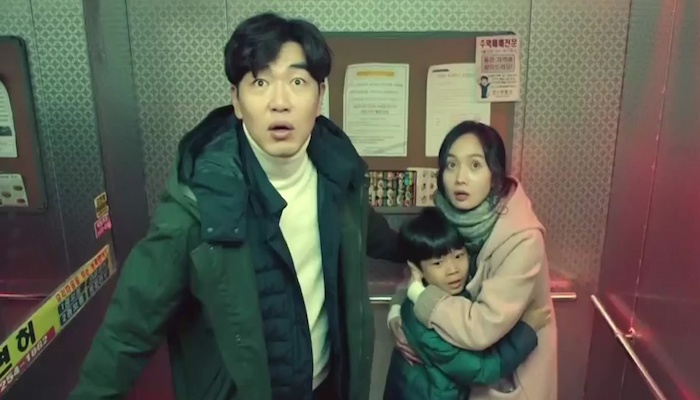
Am I about to argue that this trope of compensation is alive and well in dramaland, too? Of course I am. You don’t have to watch many K-dramas to know they are chock full of tragic events. Often, though, these events are deeply buried in our characters’ pasts… and dramaland has some fantastic (or fantastical, depending on how you look at it) ways to compensation these heroes and heroines.
One drama that comes immediately to mind is the recent That Psychometric Guy. It’s the story of a young hero (Jinyoung) who loses his parents in a tragic fire, and narrowly escapes death. The scars stay with him as he grows up — but so does a special gift. Ever since the tragic fire (and his horrible fall to escape the burning building), he’s able to “read” people’s memories (or souls, if you will) when he makes physical contact with them.
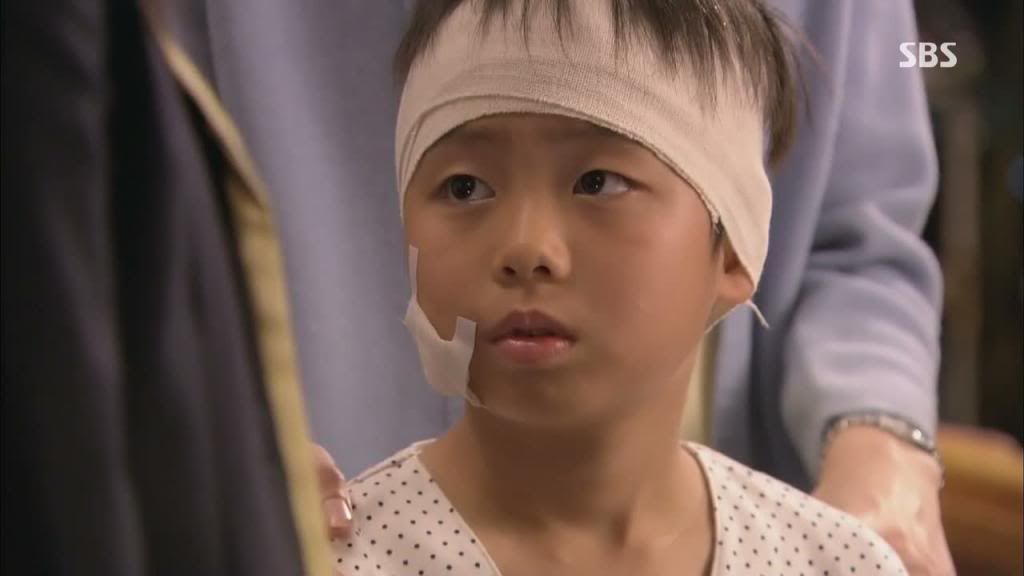
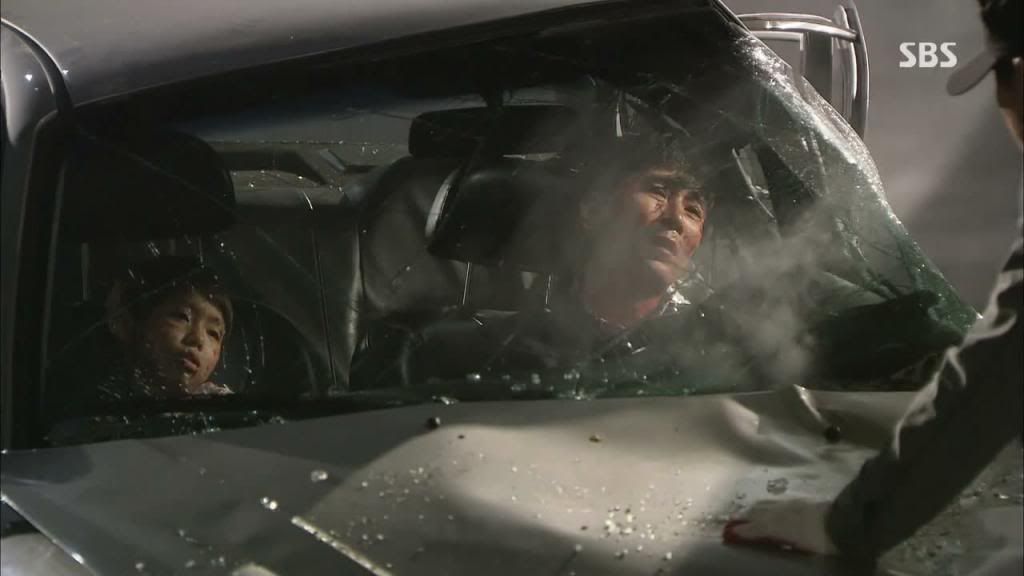
The same is true of another young hero, played by Lee Jong-seok, in the drama I Hear Your Voice. As a small child, he witnessed his father get killed (and as with him during the car accident), and afterwards, realizes he has the ability to read people’s minds when he looks into their eyes.
Likewise, the heroine (Suzy) in While You Were Sleeping, also had a supernatural ability in the form of premonitory dreams. Her dreams were related to the tragedy in her past, as well, and the bus accident that killed her father. Later, we find out that it’s a transferable ability, too, and other characters in the drama also have dreams that foretell a future event.
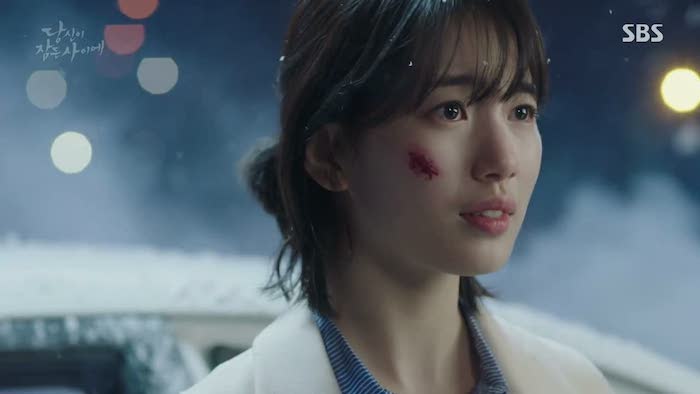
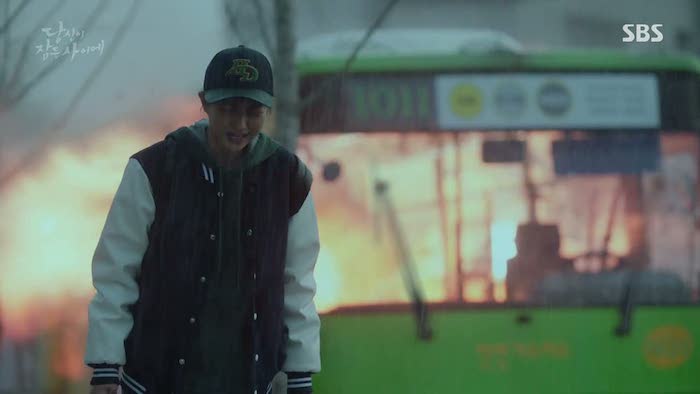
Larger-than-life heroes are a whole lot of fun, but what’s even better, richer, and deeper, is a hero with flaws, burdens, and vulnerabilities. And there’s no shortage of that with the heroes and heroines that are on the receiving end of dramatic compensation.
Something I love about this trope in dramaland is that these stories don’t shy away from showing us both sides of the hero or heroine’s ability. On one hand, it seems like the supernatural power/sense is given as a gift because of the tragedy. This is the idea of compensation at its core. Suffer a loss, gain something in return.
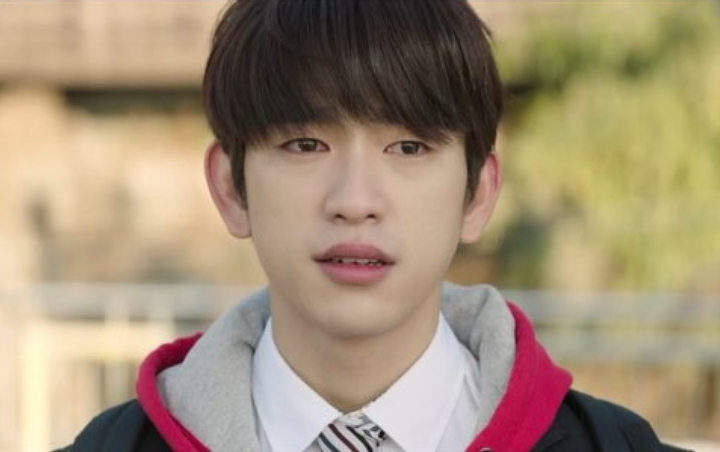
But, much like in the classical sense, the recipient can wield their gift as a special ability — but, they must also endure its weight. For Jinyoung’s character in That Psychometric Guy, his ability to “read” people’s souls through touch was almost unbearable for him.
The hero we meet early in the story goes through his life buried in a hoodie, hiding his hands as much as he can, and shrinking from physical contact with people because he knows what it means: seeing their deepest and darkest moments. It overwhelms him emotionally, psychically, and later on even physically.
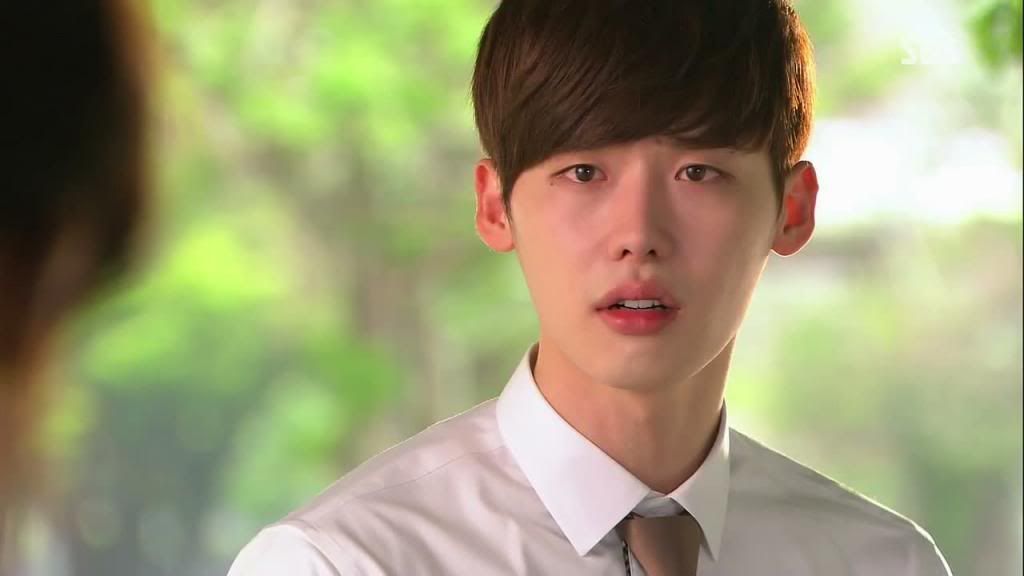
Similarly, in I Hear Your Voice, the young hero finds himself weighed down by his thought-hearing ability. When we meet our hero in the present day, we often find him taking shelter from the constant mental noise by wearing big noise-cancelling headphones wherever he goes. It’s a convenient camouflage, and he gets more control over his ability this way than the heroine in While You Were Sleeping does, by comparison.
While the special abilities that have a physical component are somewhat controllable (hoodies, headphones, etc.), the gift of visions/dreams is not. Our heroine not only has to bear the strain of these all-too-real dreams, but when we meet her at the start of the drama, she’s been unable to change any of the portentous things she dreams about.
And she doesn’t dream about puppies and flowers. It’s more like losing the people she loves, fires, murders, and car accidents. She’s weighed down not only by the visions themselves, but from the sense of responsibility to stop the events from happening, and from the fear they elicit.
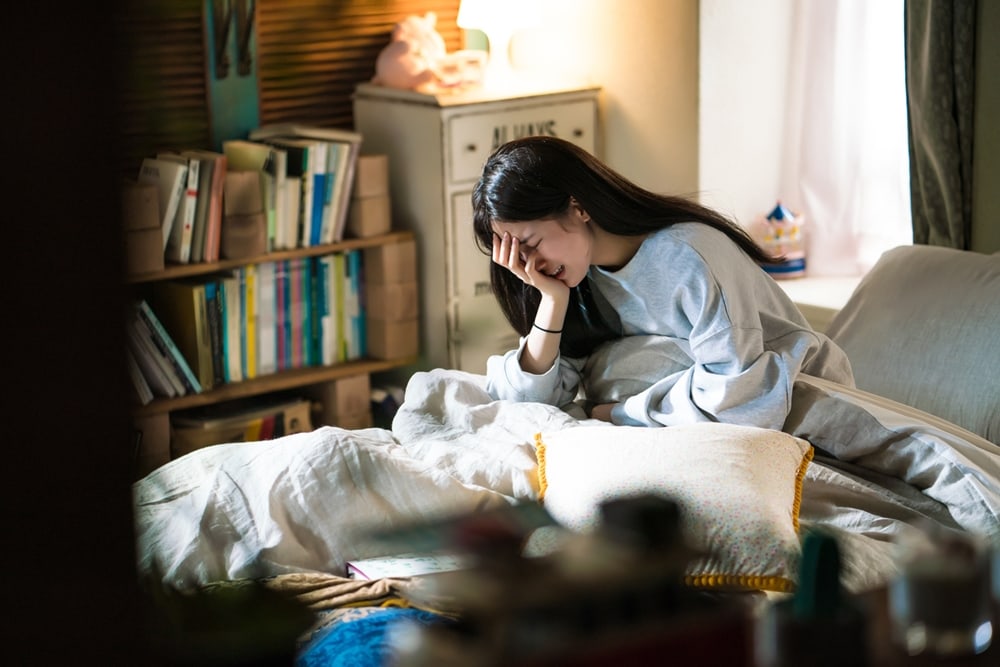
The meat of these stories then, is more about our heroes and heroines learning to come to terms with their gifts than it is them parading around with superpowers. Yes, the abilities prove useful for winning arguments in court, solving cold cases, and unraveling mysteries (and even driving romances forward) — but they also have a maturing influence on our protagonists.
It’s interesting that each compensated hero/heroine received their ability at a young age. As they grow and heal from their tragedy, then, they’re also forced to wrangle with their abilities. Knowing how to use their ability, and how to master it (instead of it mastering them), is the sign of a matured character. It’s a painful process for all of them, and a bit of trial by fire, but each of them becomes more resilient because of it.
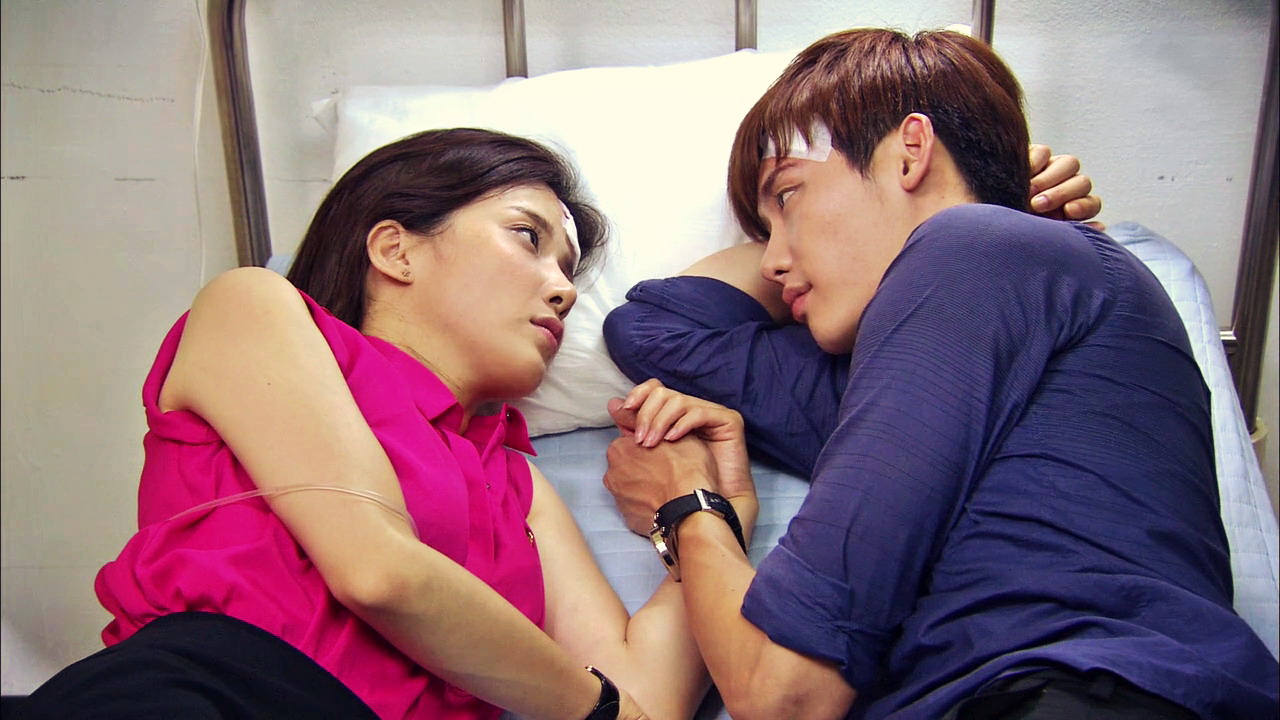
Whether it’s seen as a gift or a curse, the abilities with which these characters were compensated always works to bring them closure in the end. And of course, closure means justice.
Whether there are mysteries to solve around the accidents they survived, or some baddies that need hell delivered on their doorstep, dramatic compensation always works to perpetuate justice, because that’s its playing field.
Though the idea of dramatic compensation in K-dramas has become a bit of a predictable trope, it’s still a dynamic that I love to see at play — and each of these dramas is a great example. Though some carried it off better than others, or explored it more insightfully, the idea of compensation is a great way to examine one of the methods dramas use to uphold justice.
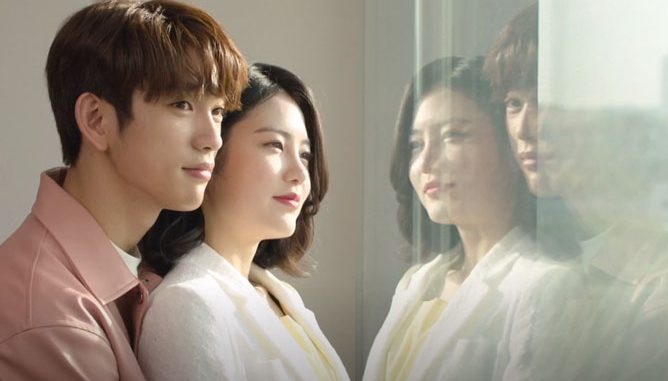
RELATED POSTS
Tags: editorial, I Hear Your Voice, That Psychometric Guy, While You Were Sleeping
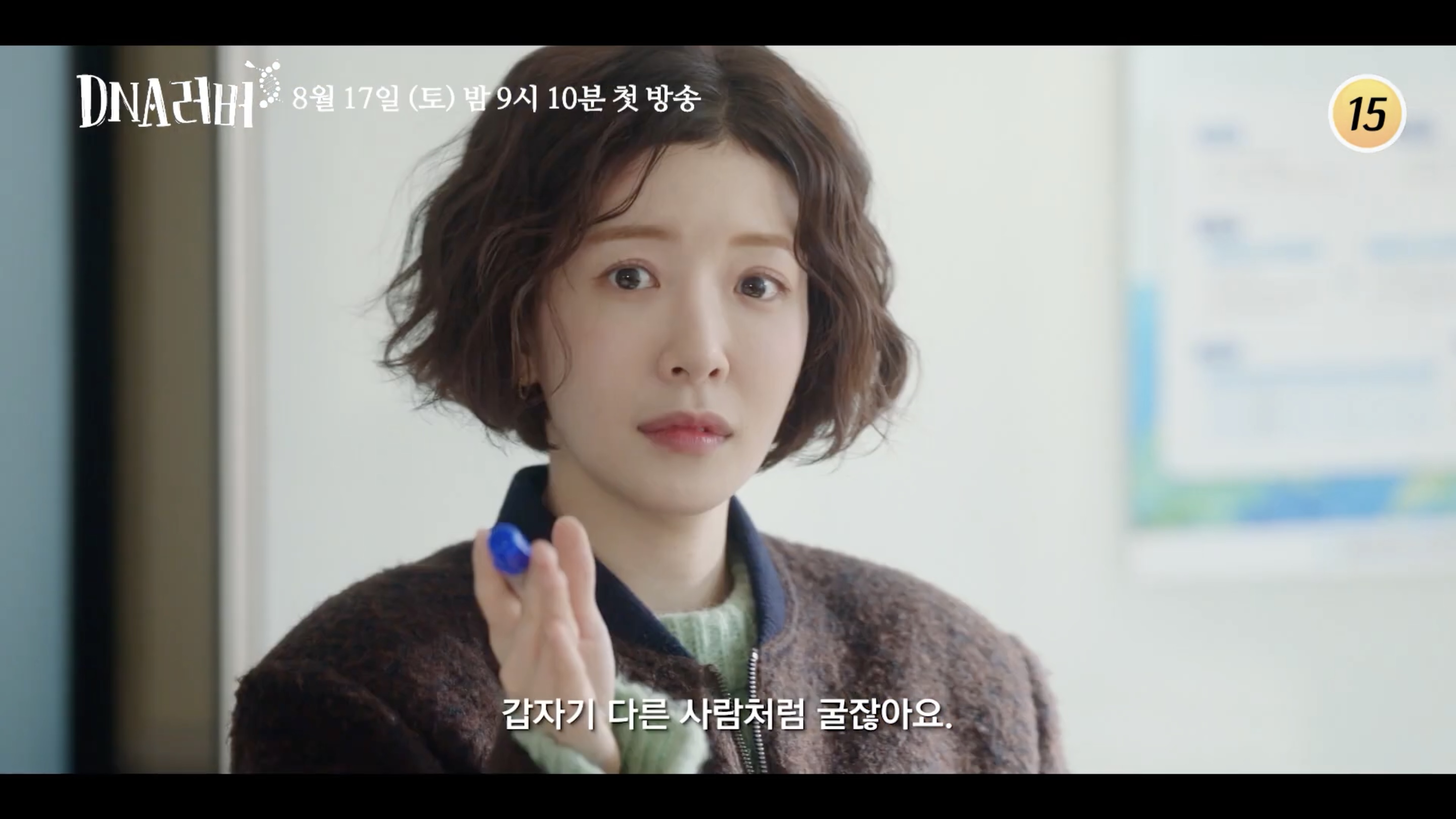
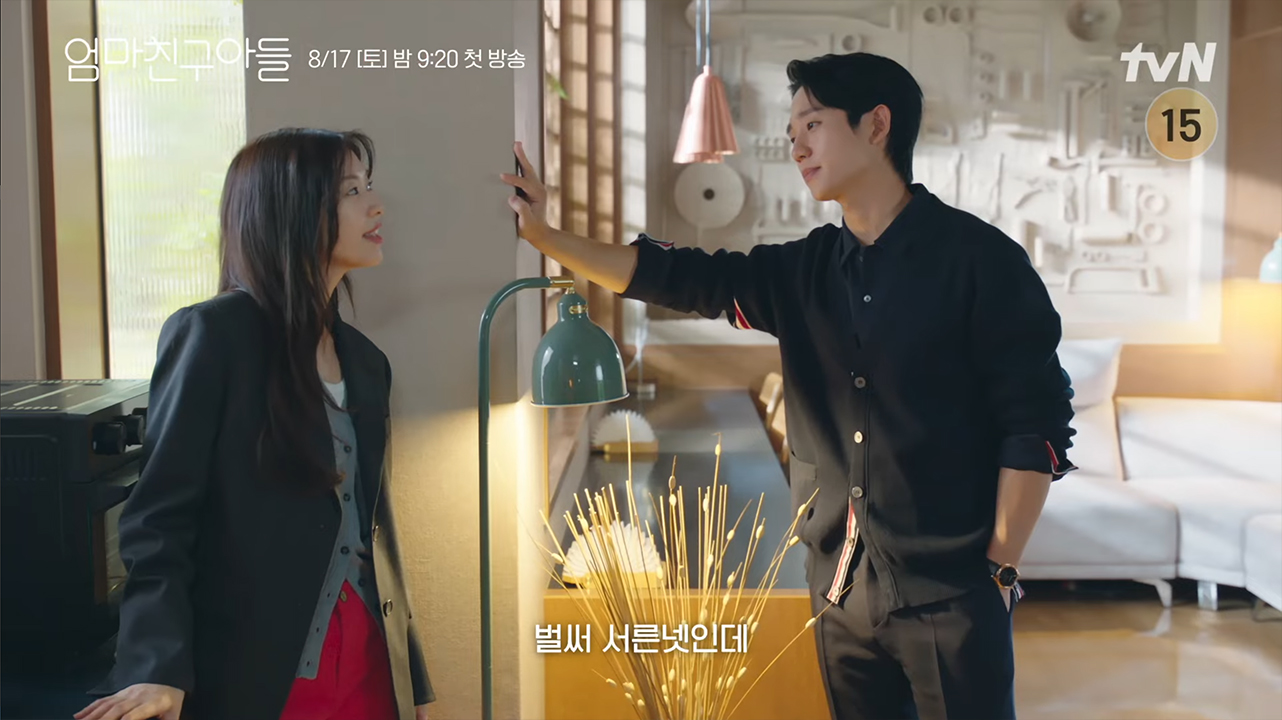
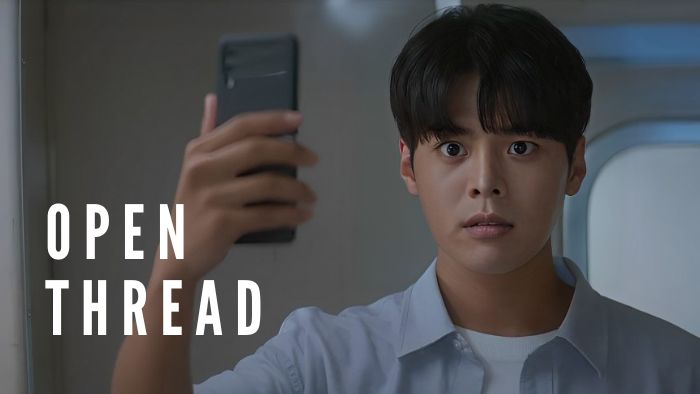
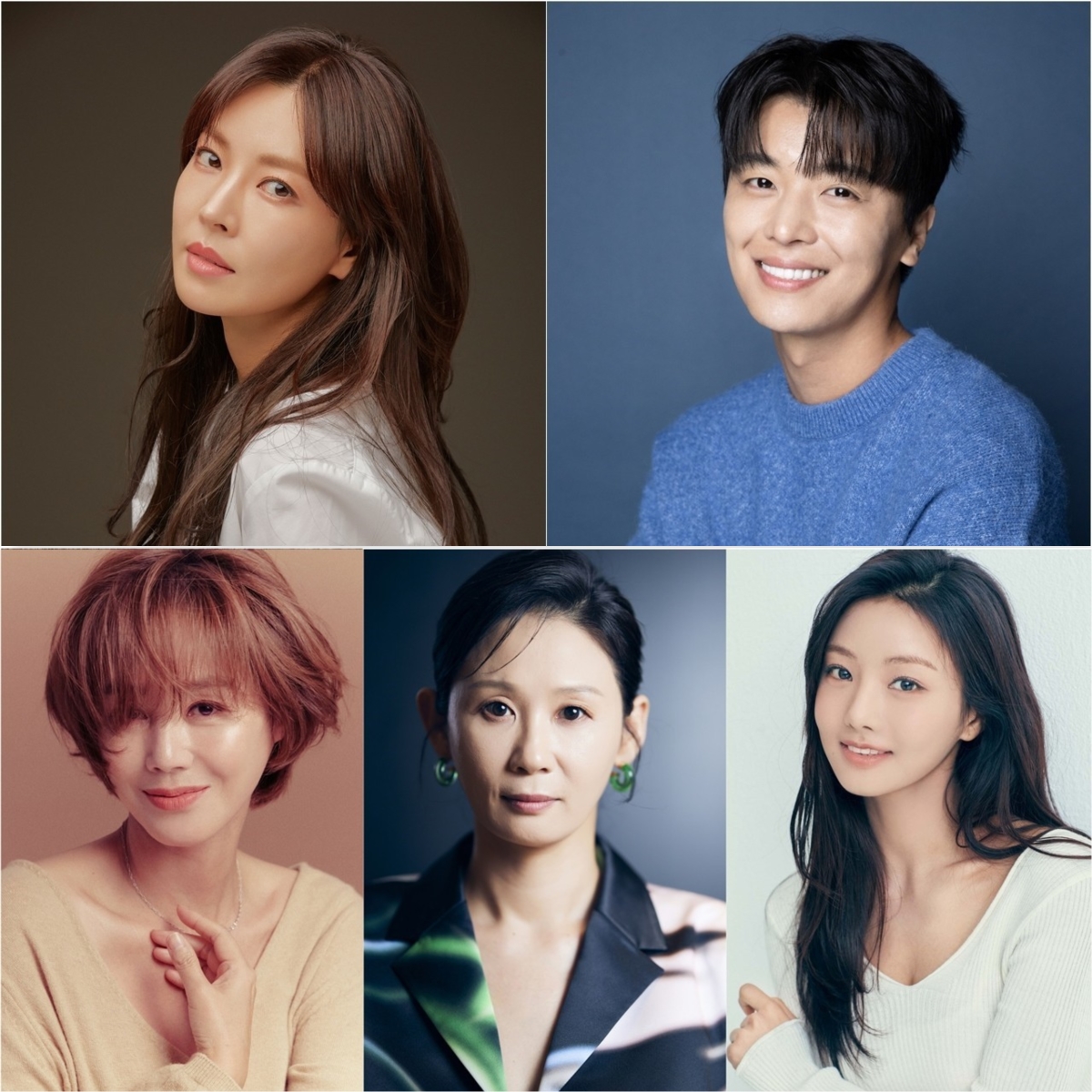
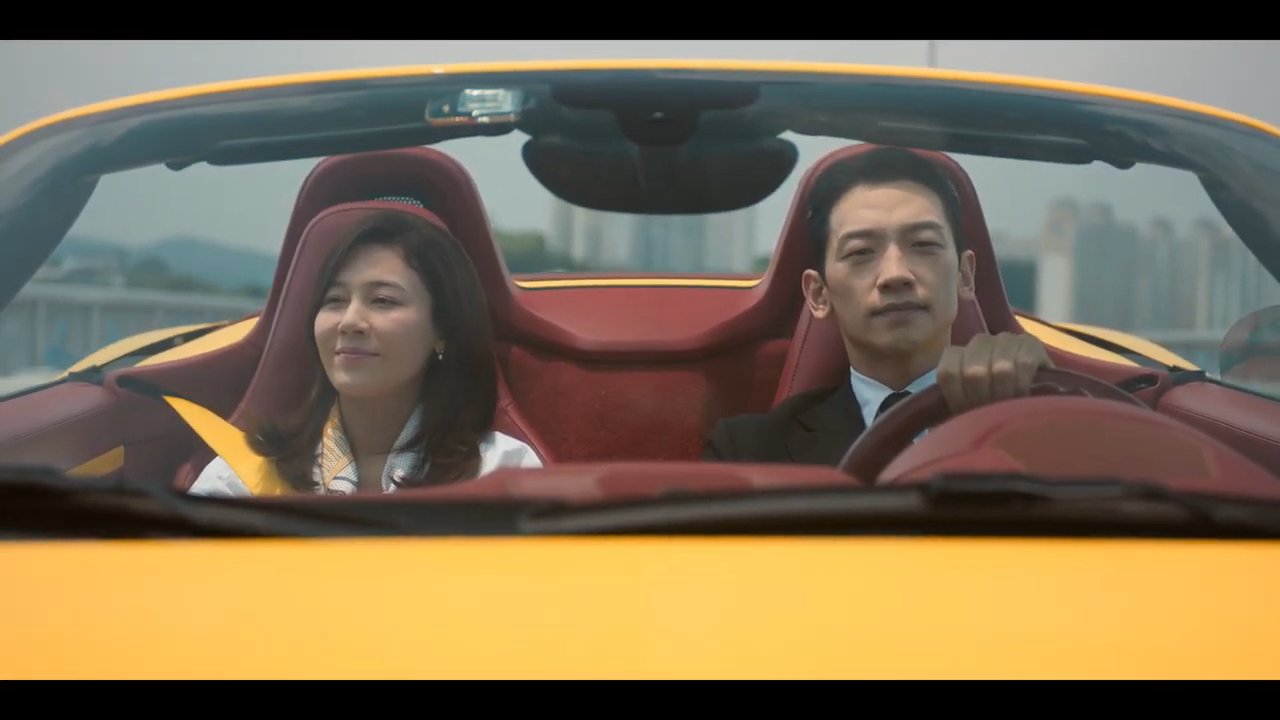
![[Cast Away] A conwoman is possessed by an upright politician](https://d263ao8qih4miy.cloudfront.net/wp-content/uploads/2023/09/castaway_header1.png)

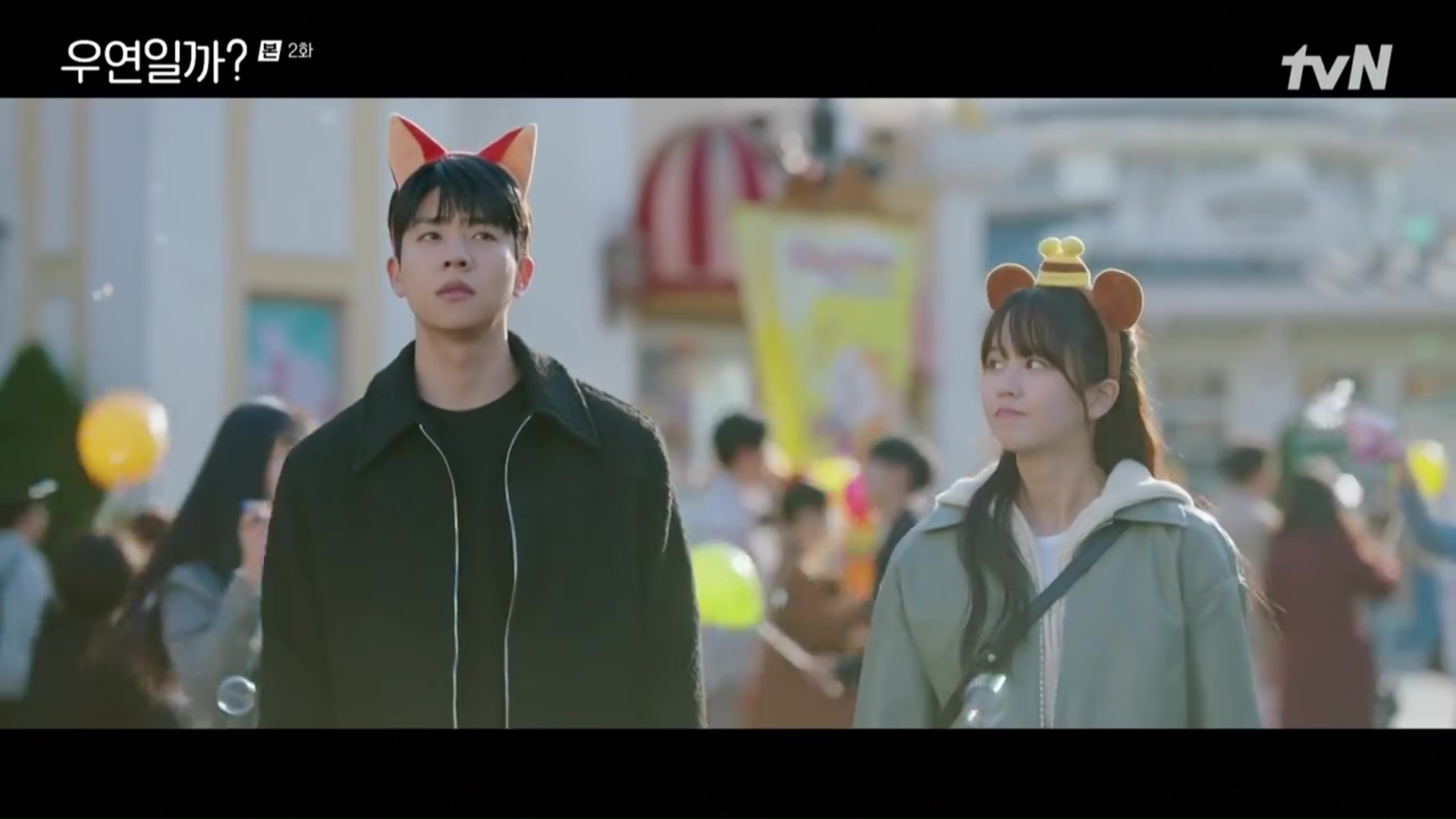
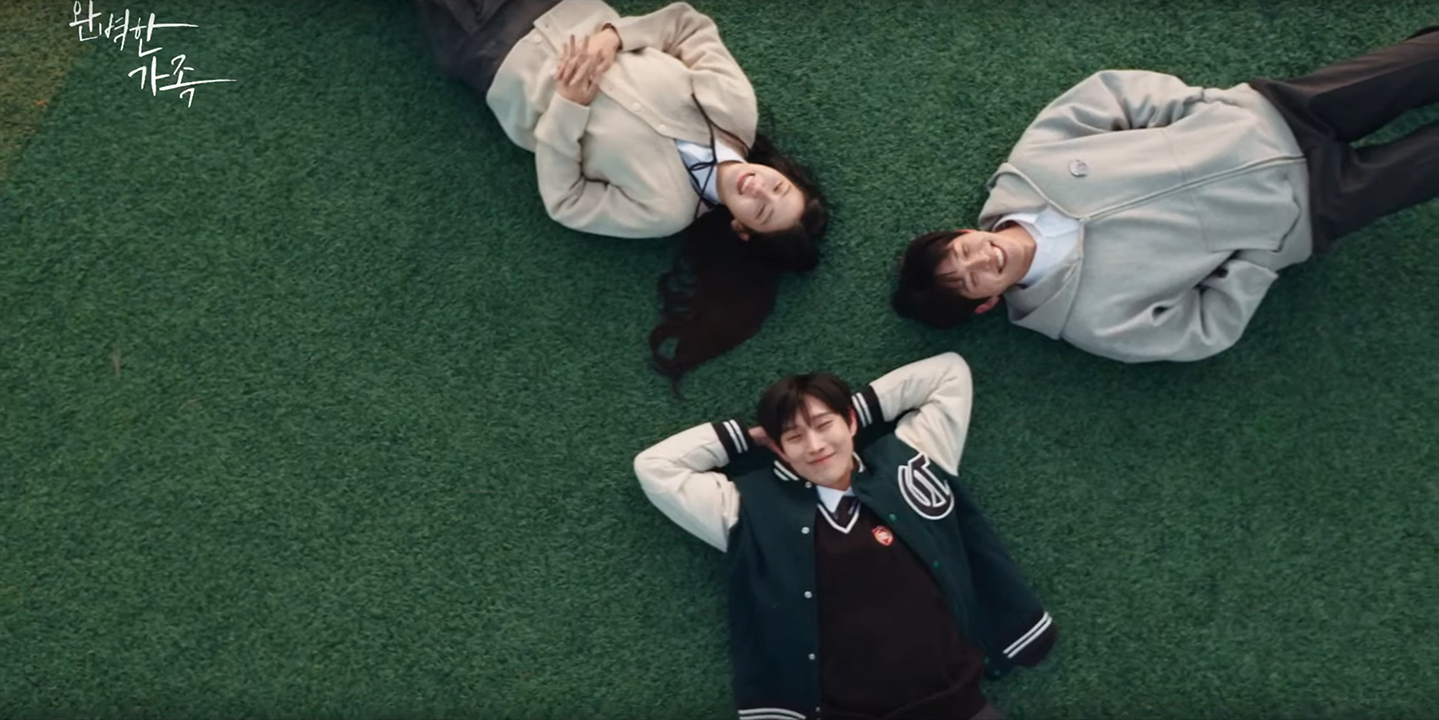
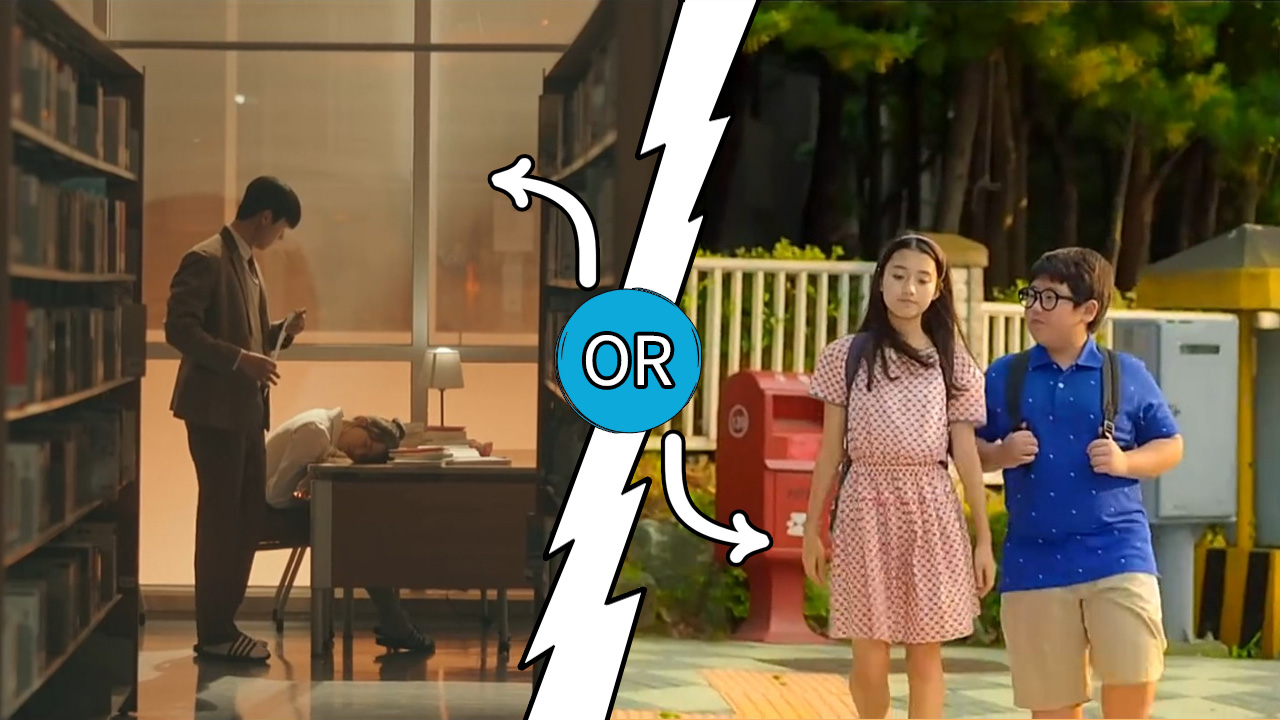
Required fields are marked *
Your email address will not be published. Required fields are marked *
1 geminirat
August 19, 2019 at 4:15 AM
Yeah, I loved That Psychometric Guy. And though I haven't been watching a lot of dramas these days, Hotel del Luna seems apt for this theme (except maybe he didn't want it originally but has reconciled himself to the ability). Man-weol gave Gu Chan-seong the ability to see ghosts so he can be the manager of her hotel and he's doing his best to apply the skills he has learned (in Harvard, no less) in taking care of the hotel - which also includes taking care of the needs of its guests. Tho we have to wait for the compensation, I think it will be just right for our Chan-seong.
Required fields are marked *
2 Aigoooo
August 19, 2019 at 7:23 AM
Talking about gaining ability, I immediately thought of "A Girl Who Sees Smell".
Speaking of K-drama justice, another good topic would be the comeuppance. Some dramas tend to leave me unsatisfied just because the villain never got the proper level of comeuppance.
Required fields are marked *
missvictrix
August 19, 2019 at 10:02 AM
Wow, have you hacked my computer or just my brain? :O
Required fields are marked *
Aigoooo
August 19, 2019 at 10:11 AM
You call it hacking, I call it reading your soul through the internet. lol
Required fields are marked *
Kurama
August 20, 2019 at 12:35 AM
I agree. In family drama, the villains who did awful things during all the show, are suddenly forgiven... It's so frustrating.
Required fields are marked *
3 Diana Hansen
August 19, 2019 at 7:36 AM
have you tried writing a book yet? cause you should! or scripts for kdramas. that was another wonderful write up.
Required fields are marked *
4 oppafangirl
August 20, 2019 at 12:24 PM
And I thought you were going to talk about monetary compensation, which, to be honest, in many cases I just don't understand!
Thank you for the write up @missvictrix !
Required fields are marked *